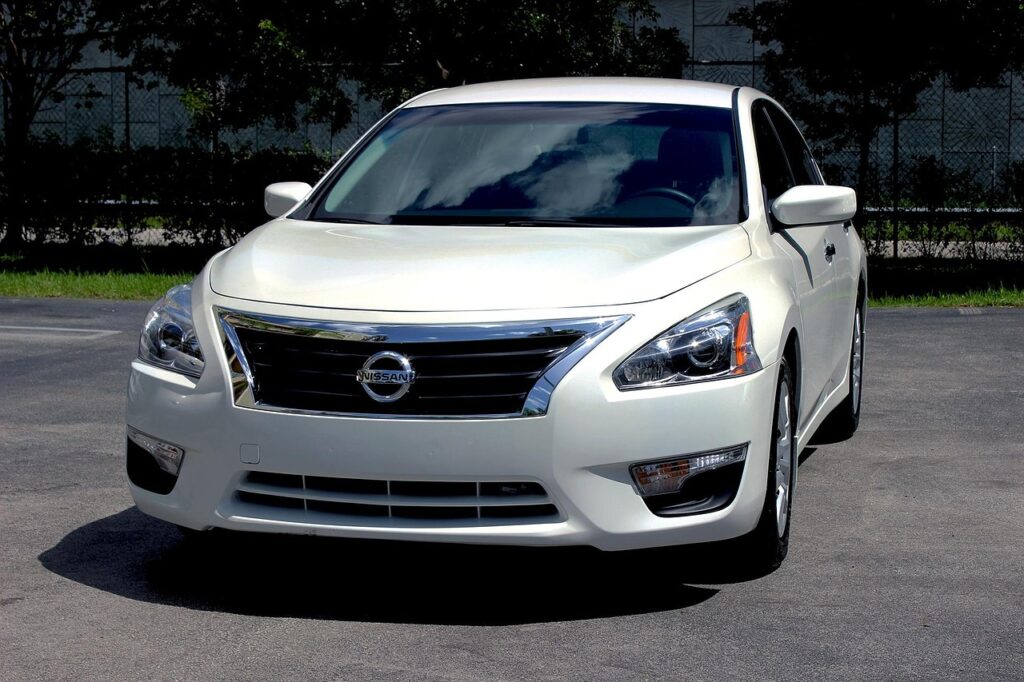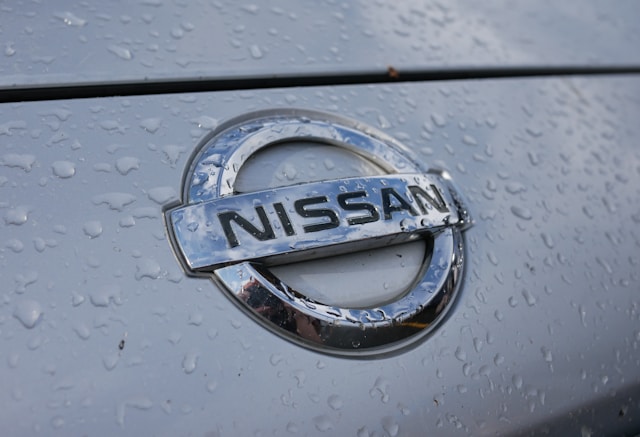In a significant move that has sent ripples through the automotive world, Nissan announced a recall of more than 440,000 vehicles in North America due to potential safety risks. The recall, which affects several of the brand’s most popular models, stems from a critical issue involving electrical systems and stability control, which could increase the risk of accidents.
For owners of affected vehicles, this isn’t just another recall—it’s a safety matter that demands attention.
🔍 What’s Behind the Recall?
According to reports filed with the National Highway Traffic Safety Administration (NHTSA), the problem centers around a faulty component in the Anti-lock Braking System (ABS) and the Vehicle Stability Control (VSC). Under certain driving conditions, the system may not activate correctly, increasing the likelihood of a collision.
Additionally, there are concerns about electrical shorts that could lead to engine stalling, particularly in high-humidity environments or after extended use.
While no injuries or accidents have been confirmed as a result of these issues, Nissan is acting proactively to resolve the matter and ensure the safety of its customers.
🚗 Which Models Are Affected?
Here’s a breakdown of the Nissan models impacted by the recall:
- Nissan Altima (2019–2023)
- Nissan Rogue (2021–2023)
- Nissan Sentra (2020–2022)
- Nissan Pathfinder (2022–2023)
- Nissan Maxima (2020–2021)
- Nissan Frontier (2022)
- Infiniti QX60 (sister brand, 2022–2023)

Together, these models make up a substantial portion of Nissan’s market share in the U.S. and Canada, meaning hundreds of thousands of drivers are potentially impacted.
What Should Owners Do?
If you own one of the models listed above, don’t panic—but don’t ignore the recall notice either. Here’s what you should do:
- Check your VIN (Vehicle Identification Number) at Nissan’s official recall site or the NHTSA recall lookup page.
- If your vehicle is affected, contact your local Nissan dealership.
- Schedule a free inspection and repair — Nissan has confirmed that all related service will be performed at no cost to the owner.
- If you experience braking or stability issues before your appointment, stop driving the vehicle and seek assistance immediately.
Nissan is expected to begin contacting affected customers by late July 2025, with repairs available shortly after.
Nissan’s Official Statement
In a press release issued by Nissan North America, the company stated:
“We are committed to the highest standards of vehicle safety and customer satisfaction. Although we have no reports of injuries related to these issues, we are issuing this recall out of an abundance of caution. All affected customers will be notified and repairs will be handled promptly.”
This message echoes the sentiment of a brand that is taking responsibility and prioritizing transparency—something consumers often seek in times of uncertainty.
Why Recalls Aren’t Always a Bad Sign
While hearing the word “recall” might strike fear or frustration into a car owner’s heart, it’s important to remember: recalls are a sign that the system works. Manufacturers identifying problems and acting before widespread issues occur is a sign of proactive safety culture—especially when no accidents have yet been linked.
It also speaks to the complexity of modern vehicles, where software, electronics, and mechanical systems must work in harmony across millions of units.
What’s Next for Nissan?
This recall comes at a time when Nissan is pushing into hybrid and EV development in North America, with plans to expand its electric lineup by 2026. With a strong presence in the crossover and midsize sedan market, handling this recall responsibly could be crucial to maintaining public trust.
If Nissan addresses the issue quickly and efficiently, the long-term damage to its reputation may be minimal—especially considering the global spotlight on automotive safety and transparency.

